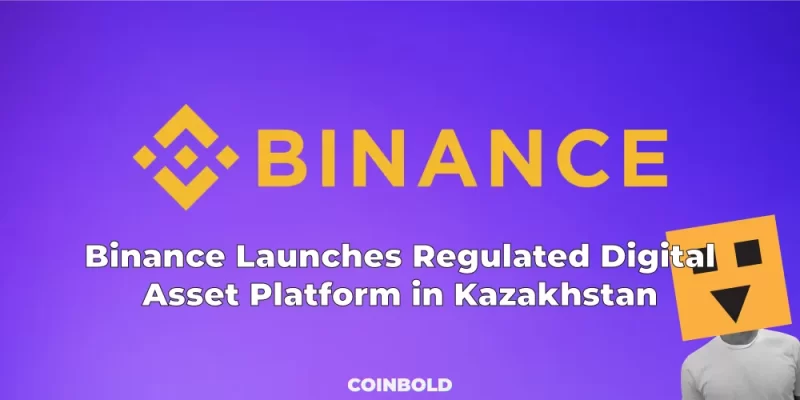Due to increasing regulatory uncertainties in Western nations, various cryptocurrency platforms are shifting their focus to the Asia Pacific region. Among these platforms, global cryptocurrency exchange Binance recently announced the launch of a regulated digital asset platform in Kazakhstan. This move comes as the exchange faces regulatory troubles in the West.
The launch of Binance’s new digital asset platform took place during a press event on June 20, 2023. Representatives from Kazakhstan’s banking industry and Binance Kazakhstan’s leadership were present to mark the occasion.
Last August, Binance received in-principle approval for operations in Kazakhstan. Then, in October of the same year, the exchange obtained a permanent license from the AIFC Financial Services Authority to provide a digital asset platform and custodial services at the Astana International Financial Center (AIFC).
According to Asset Turysov, Vice Minister of Digital Development, Innovation and Aerospace Industry of Kazakhstan, the government is running a special initiative to facilitate interaction between the AIFC, cryptocurrency exchanges, and second-tier banks. The National Bank of Kazakhstan, the Financial Monitoring Agency of the Republic of Kazakhstan, and the Agency for Regulation and Development of the Financial Market are all involved in this project, which has already displayed excellent results.
Kazakhstan’s Freedom Finance Bank will offer the banking services for the digital asset exchange. This collaboration will allow users to transfer fiat funds to their platform accounts using two available channels: bank cards and bank transfers via Freedom Finance Bank.
The newly launched platform will cater specifically to Kazakhstani users and provide a wide range of services related to both cryptocurrencies and fiat currencies. These services include exchange and conversion, fiat deposit and withdrawal, as well as custody of crypto assets.
Binance’s decision to expand its presence in Kazakhstan comes at a time when the exchange is dealing with regulatory challenges in the United States and several European countries. In the U.S., the exchange is currently involved in a lawsuit with the Securities and Exchange Commission (SEC) and the Commodity Futures Trading Commission (CFTC).
Compiled by Coinbold

